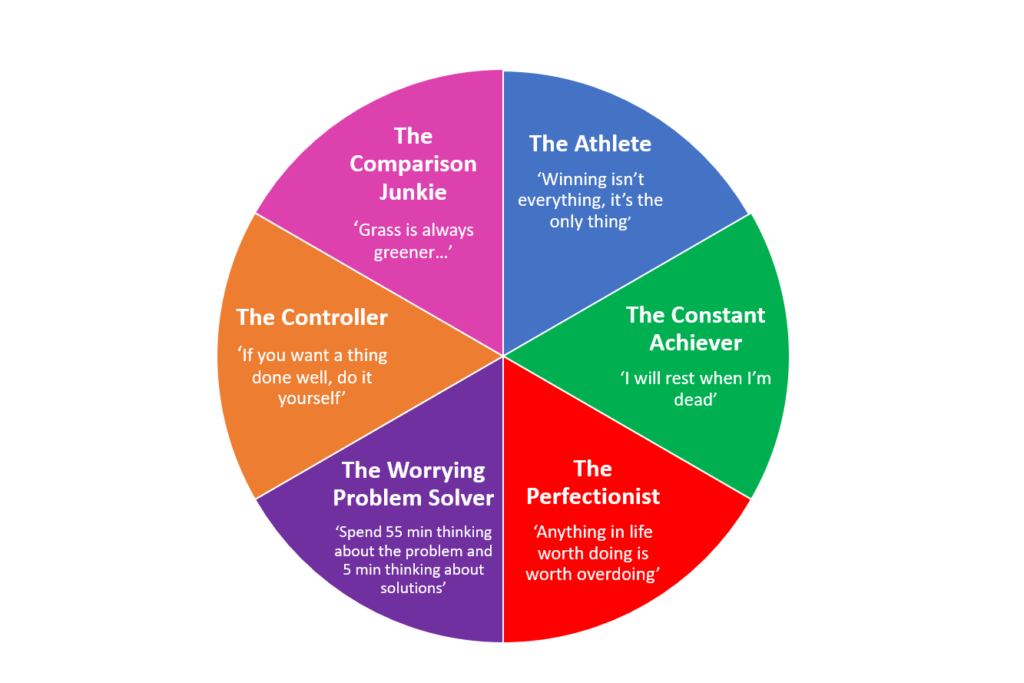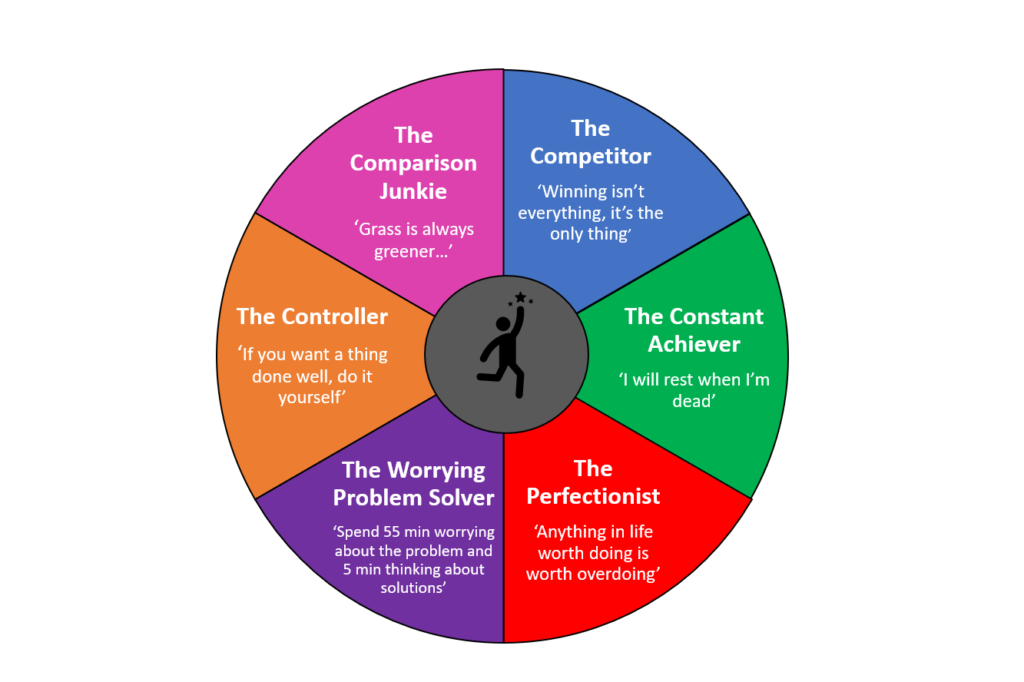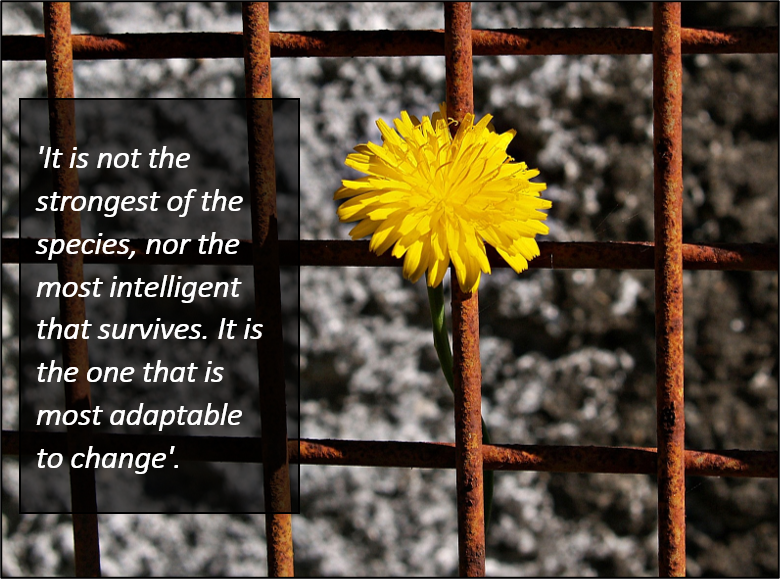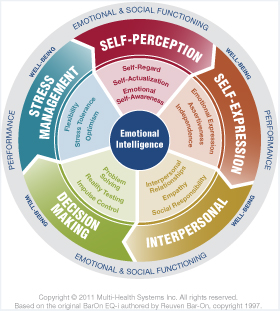So, you’ve come a long way in your personal development. Your self-leadership skills are well developed, you’ve made friends with your values and know your overdeveloped strengths. You know what drains you and what makes your dopamine flow.
Suddenly the growth stops.
Your coping strategies become ineffective, the stress management techniques useless and you fall back into negative habits.
Behavioral scientists call them dysfunctional core beliefs, the often-toxic life-rules that cause negative stress and stand in the way of your development. They are deep-rooted principles telling you what you ‘must’ and ‘should’ do to be successful, loved, or happy. These beliefs are often inherited or formed early on in life. They are central to your self-image and breaking them can be both painful and necessary to continue your personal growth.
Some common dysfunctional life-rules
-
-
- If I don’t succeed, I have not put in enough effort
- If I express my needs, I am selfish
- I must be strong, whatever it takes
- If I have a lot going on, I am successful
- If I say no, people will not trust me again
- If I fail, they won’t respect me
-
I can certainly relate to many of these. Throughout my career in fast-paced consumer goods organizations, I was convinced that if I only worked harder and showed up stronger, I would climb faster than everyone else.
It worked well. Until I crashed spectacularly.
Today I am an Executive Coach, speaker and leadership consultant specialized in helping high performing individuals and teams find a more sustainable way to perform. Many of my clients call themselves achievement addicts and want to learn how to be successful on their terms, go the distance and become more effective leaders. Without burning out in the process.
We start by taking a long, hard, and honest look at their life-rules.
Most life-rules are useful and help us make daily decisions without too much thought. However, when your core beliefs dictate your behaviors without flexibility, they are dysfunctional and can limit your growth and well-being.
The worst thing with toxic life-rules is that they appear to be truths – it’s just how the world works, right? Therefore, we are often not fully aware of them.
5 steps to challenge your life-rules
-
-
- Decide to challenge a life-rule in a small way. For example, choose to go for a walk instead of answering work emails tonight (Rule: If I don’t succeed, I will be criticized)
- If the feeling of discomfort creeps in, remind yourself that it is not bad or dangerous to feel uncomfortable, on the contrary, it means that you are challenging a rigid rule.
- Breathe, observe what is happening without judging (and keep your hands off those emails!). When the stress reaction goes away, you can focus on enjoying the walk.
- Write down: when does this life-rule serve you and when are you’re better off overruling it?
- Be thankful for the work you just did to build flexibility and resilience.
-
In short, dysfunctional life-rules can hinder your personal development, they are difficult to notice and can be unpleasant to break. These core beliefs are the root cause of many dysfunctional behaviors. By being aware of them, challenging them and analyzing your reaction, you can increase your resilience and grow into a better version of yourself.
Happy overruling!


















